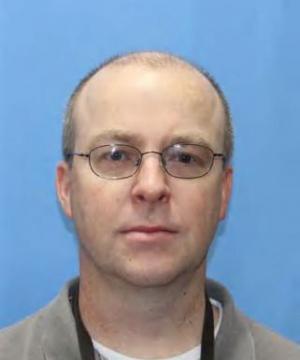
Abstract: Despite their elegant mathematical structure, entropy-based moment closures face severe implementation challenges that have limited their wide-spread use. In this talk, I will present two approximations that attempt to address some of these challenges. The first approximation relies on a regularization of the optimization problem that defines the original entropy-based closure. The main advantage of the regularization is that moment vectors need not take on traditional realizable values. However, the resulting equations still retain many important structural features, such as hyperbolicity and an entropy dissipation law. These results reveal the moment entropy as a key tool in constructing approximate closures and motivate a second approximation of the entropy-based closure that is constructed via a convex fit of the moment entropy. We illustrate this approach for a simple linear transport equation in slab geometry. For two-moment models, a convex fit can be constructed with splines. For larger systems, convex splines are not available, so we resort to a fit that uses a neural network. We test the approximation on two- and three- moment systems and find that the resulting systems provide a cheaper alternative to closures that call the entropy optimization algorithm as part of the online computation.
This is joint work with Graham Alldredge (Berlin), Martin Frank (Karlsruhe), Paul Laiu (Oak Ridge), and Will Porteous (Austin).
Speaker’s Bio: Cory Hauck received his Bachelor's degree in Physics and Mathematics from the University of South Carolina in 1997 and, shortly after graduating, took an engineering position at Doty Scientific, Inc. in Columbia, SC. In 1999, he attended graduate school at the University of Maryland, receiving a Master's Degree in Electrical and Computer Engineering in 2004 and a Ph.D. in Applied Mathematics in 2006. Before coming to Oak Ridge, he was a postdoctoral research associate with the Center for Nonlinear Studies at the Computational Physics and Methods group at Los Alamos. Cory's research to date has focused on computational aspects of kinetic theory and hyperbolic PDE.
Last Updated: July 2, 2021 - 8:28 am